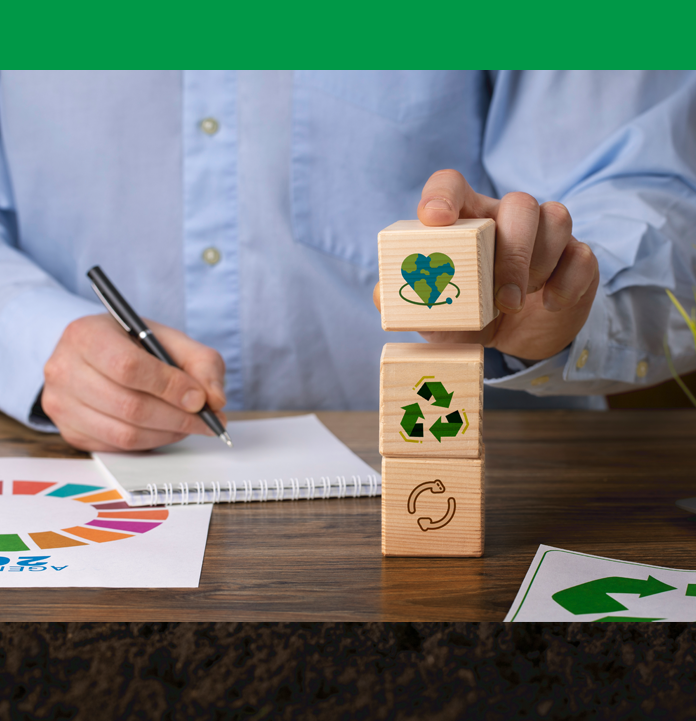
Language: English| Duration: 25 hours | Credits: 1 ECTS | Certificate: Minimum score of 70% on the final quiz. Course content: Decent work and reduction of inequalities. Financial literacy education. Sustainable consumption and consumer behavior.
- Teacher: Paulo Costa
- Teacher: Alper GÜZEL
